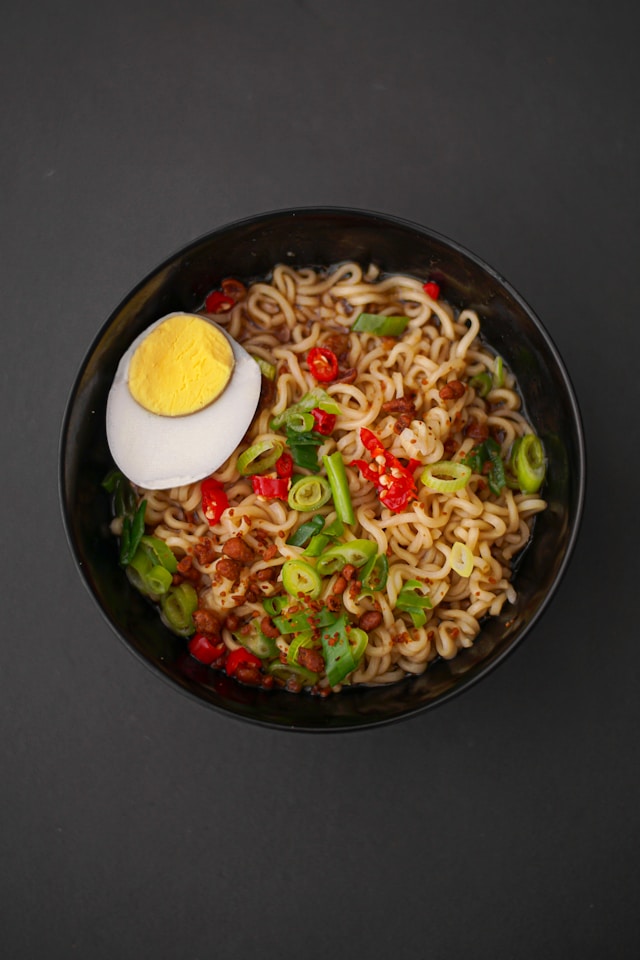


A single pack of instant noodles contains 1,760 mg of sodium—that’s about 88% of the recommended daily limit, a dangerously high amount. While many people turn to instant noodles for a quick and tasty fix during busy workdays or late-night cravings, their frequent consumption can pose serious health risks—especially for children and teenagers, who are among the most frequent consumers.
According to warnings from the U.S. Food and Drug Administration (FDA), certain chemical additives in instant noodles—most notably monosodium glutamate (MSG)—can cause a range of unpleasant symptoms: headaches, muscle spasms, numbness, and increased heart rate. MSG is commonly used as a flavor enhancer but has been linked to nervous system issues, especially when consumed in large quantities or over long periods.
Clinical nutritionist Aya Jaber highlights another harmful additive: TBHQ (tertiary butylhydroquinone), a preservative used to extend shelf life. She tells An-Nahar:
“Studies from the U.S. National Toxicology Program have found TBHQ to cause neurological damage, increased risk of seizures, lymphoma growth, and liver enlargement. It may also negatively affect the human immune system. Any one of these risks is enough to warrant cutting out instant noodles entirely.”
Nutritional Nightmare
From a nutritional standpoint, one serving of instant noodles not only carries excessive sodium but also lacks essential nutrients. As Jaber explains:
“It contains no high-quality protein, vitamins, or fiber—but is loaded with saturated fats and refined carbohydrates. This makes it a poorly balanced food choice. The high sodium content contributes to high blood pressure, a major risk factor for heart disease and stroke, especially for individuals with chronic illnesses or a family history of cardiovascular issues.”
Special Warning for Pregnant Women
Jaber also warns against pregnant women consuming instant noodles, saying:
“Salt is your enemy during pregnancy, and instant noodles are packed with it. Excess sodium can lead to high blood pressure, raising the risk of preeclampsia, fluid retention, and kidney strain—all of which are already under stress during pregnancy.”
Moreover, MSG may cause headaches, dizziness, and nausea, and some studies have linked it to long-term neurological issues. As for TBHQ, both American and European studies have linked it to immune and nervous system complications, and ongoing research is exploring its potential harm to fetal development.
“Let’s not forget,” adds Jaber, “instant noodles lack iron, calcium, and folic acid—nutrients essential for the baby’s brain development and overall growth.”
She concludes with a vital question:
“Why be attached to a food that offers no nourishment, but comes loaded with health hazards?”
Source: Al-Nahar Newspaper